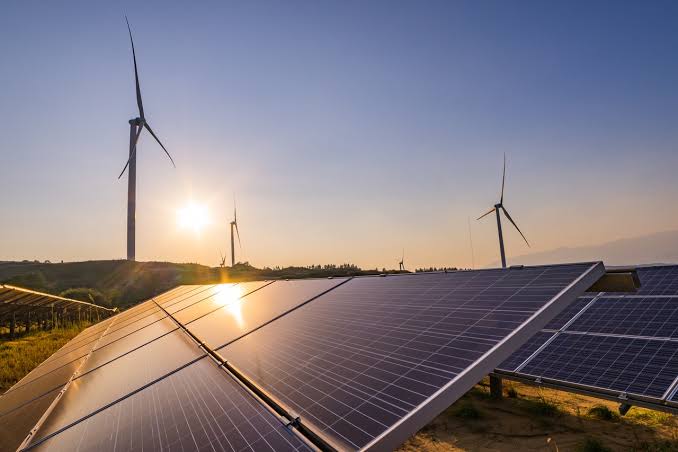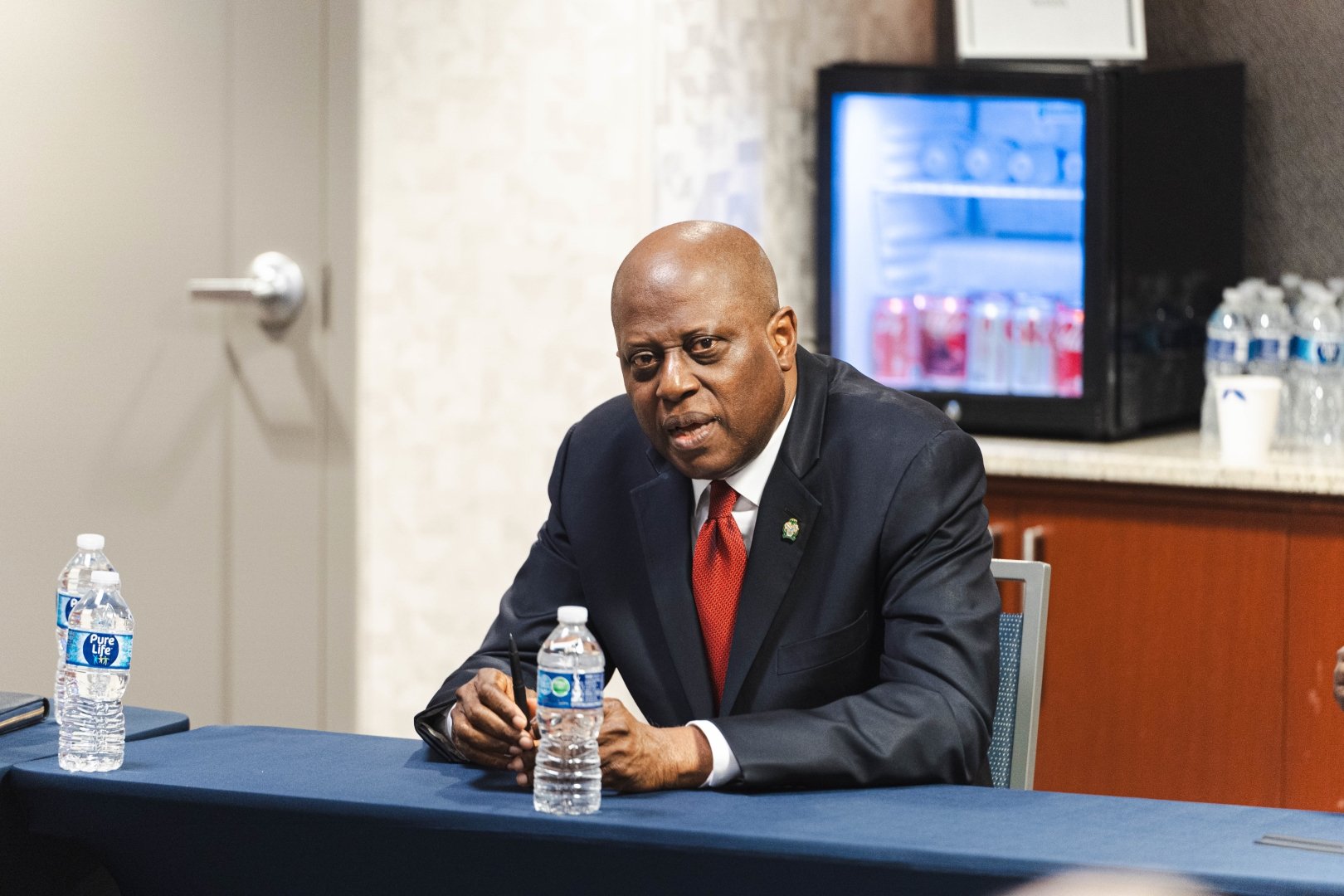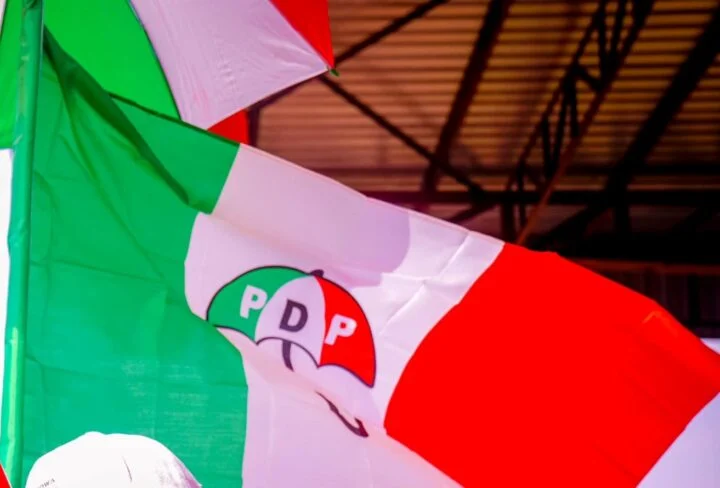BY ABDULMALIK OLAJUWON ABDULRAHEEM
According to the Transmission Company of Nigeria (TCN), Nigeria experienced 46 grid collapses from 2017-2022 and at least four collapses in 2024, with northern Nigeria experiencing several days of total darkness in October 2024.
The grid collapse does not happen without severe economic consequences as small and medium-scale businesses such as small food and convenience stores that rely on stable power have their foods perish. Also, running on generators for days is not sustainable because of the current petrol and diesel prices.
While I fully agree that Nigeria needs investment in grid and power generation infrastructure, as experts have advised, attracting the capital requirements and putting these infrastructures in place will take time.
Advertisement
Therefore, we must consider alternatives that will reduce the load on our transmission grids in the short term while also having a sufficient and reliable power supply.
DISTRIBUTED GENERATION
In a distributed generation, electricity is generated or produced with small-scale power plants, usually for commercial and industrial use, near the point of consumption. Distributed generation is advantageous because, in large-scale centralised power plants, the electricity generated or produced will have to travel long distances to where the power will be consumed.
Advertisement
This translates to high capital requirements for the transmission and distribution networks coupled with the transmission and distribution losses as the electricity generated travels.
Also, since distributed generation requires little to no long-distance transport, transmission and distribution losses can be avoided, and they can also be used to power homes, small businesses, and manufacturing facilities.
RENEWABLE ENERGY ALTERNATIVES
The renewable energy alternatives that can be leveraged to harness distributed generation include but are not limited to small-scale wind turbines: manufacturing companies and commercial real estate near the Atlantic coast of Nigeria can leverage small-scale wind turbines with a capacity range of 100 kilowatts to 1MW.
Advertisement
Solar PV and battery storage: Manufacturing facilities and private residential estates can also leverage solar PV for electricity generation. Battery storage can improve the reliability of solar panels as the electricity generated during the day can be stored in battery storage for use at night.
These small-scale power plants can also be connected to existing micro-grids if necessary, and residential and commercial buildings that use them can also connect them to the grid to enjoy net-metering, which is a process whereby excess electricity generated from mini-power plants are connected to the grid and used by other consumers.
In closing, while grid infrastructure will take time and be capital intensive, leveraging renewable energy through distributed generation can improve grid resiliency and enable the private sector to contribute to Nigeria’s energy sustainability.
Abdulmalik is a financial controller at Vestas American Wind Technology Inc., the North American region of Vestas Wind Systems.
Advertisement
Views expressed by contributors are strictly personal and not of TheCable.








